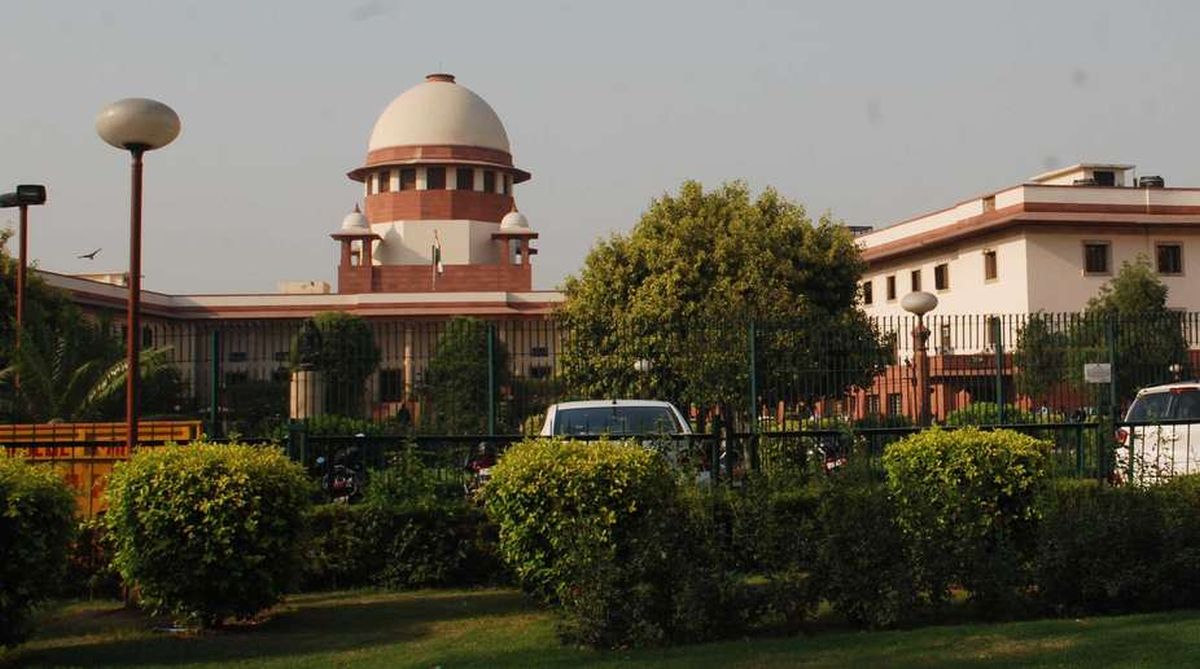SC upholds constitutional validity of UP Madrasa Education Act, sets aside Allahabad HC verdict
However, the apex court held that the Madrasa Act's provisions regulating higher education degrees was unconstitutional.

Supreme Court (Photo: SNS)
One sterling quality of the Supreme Court is its capacity to “ride the punches”. Aware that is impossible to please everyone it hears, their Lordships know that rulings are received with both brickbats and bouquets. Still, members of the five-member Constitution bench must have been rather surprised to learn that archaic mindsets still prevail among “modern” women who have held high office.
For while there has been an outpouring of admiration and relief at its order de-criminalising adultery when striking down Section 497 of the IPC ~ on the cards after Section 377 was junked ~ it was shocking to note the dismay expressed by that crusader in the cause of regressed women, the Chairperson of the Delhi Commission for Women, Swati Maliwal; as well as that of the once-feisty MP, Renuka Choudhary.
Both the Aam Aadmi Party and the Congress appeared too stunned for an immediate response. Funnily enough, representatives of more conservative and traditional outfits have opted to keep to themselves their misgivings over the apex court’s latest ruling on issues that have kept society imprisoned by the Victorian mindset in which the IPC and CrPC had been formulated.
Advertisement
That times have indeed changed is evident from one member of the Bench virtually overturning rulings handed down by his father when the thinking was so very different. Few would have ever imagined that Ms Chaudhury would state that discarding the adultery law would result in women being abandoned by their husbands, or Ms Maliwal would lament that the court has waved a green-flag for illegitimate relationships.
Both reflect a deep sense of economic/financial insecurity among Indian women who would shut their eyes to the breadwinner “having” other women as long as he provided for them. Both responses also send a signal to the judiciary that promoting social reform is more than legal technicalities. When educated women remain so mentally shackled it help explains why men still claim to have done more than duty by having their “daughters married off…”
There is, however, little need to be detained by those negatives. Most progressive thinkers (not necessarily our fraudulent “comrades’) would find much to hail in the four different but concurrent verdicts from Chief Justice Dipak Misra, and Justices Indu Malhotra, Rohinton Nariman, AM Khanwilkar and DY Chandrachud.
They retained adultery as a valid ground for seeking divorce, but ended gender inequality before the law. They also recognised existing realities in sexual relationships and liberated the Indian woman from “ancient notions of man being perpetrator and woman being victim.” Many of the observations in the four judgments will provide rich source material for those chronicling the customary plight of Indian women.
Yet, Ms Chaudhury and Ms Maliwal also shock society into acceptance that it will be left to individual women to battle for the space everyone says is their due ~ but refuse to dismantle the roadblocks that deny it to them.
Advertisement